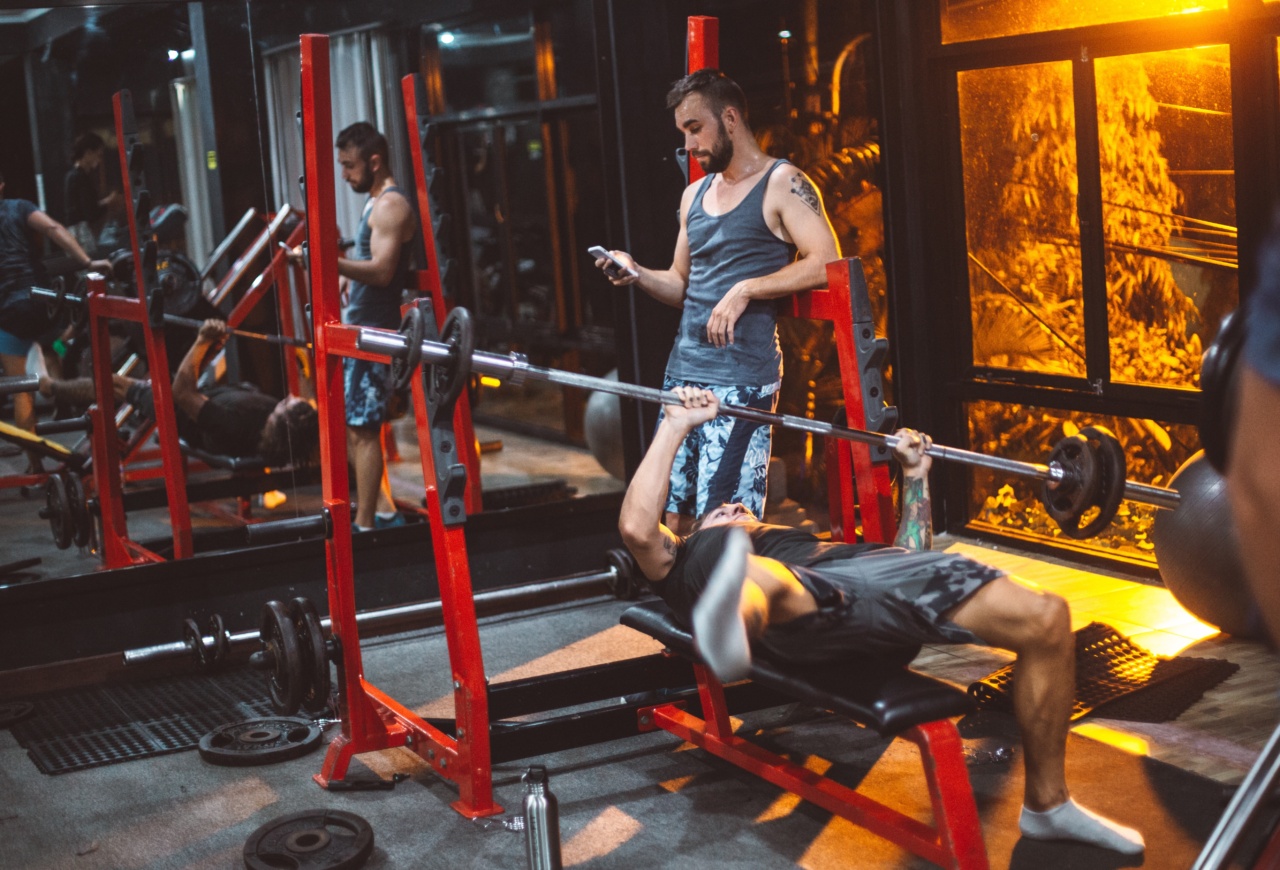Social media has become an integral part of our daily lives, influencing various aspects including communication, entertainment, and even our eating habits and body weight.
With the rise of platforms like Facebook, Instagram, and Twitter, people are constantly exposed to a wide range of food-related content, which can have both positive and negative effects on their dietary choices and overall health. This article explores the impact of social media on eating habits and body weight, considering the various factors that contribute to these influences.
Social Media Influence on Eating Habits
1. Food Advertising: Social media platforms are flooded with advertisements and sponsored posts promoting various food products and restaurants.
These visually appealing and enticing food posts can significantly influence individuals’ food choices and cravings, leading to unhealthy eating habits.
2. Food Trends and Challenges: Social media often popularizes food trends and challenges, encouraging people to experiment with new diets or try extreme eating habits.
While some of these trends can promote healthy eating, others may promote fad diets or unsustainable practices, leading to negative effects on one’s overall health.
3. Influence of Peers: Social media platforms allow individuals to share their dining experiences, culinary skills, and healthy eating habits with their peers.
Seeing others’ choices and behaviors can create a sense of social pressure, driving individuals to align their eating patterns with those on social media.
4. Access to Nutrition Information: Social media provides a vast amount of nutrition information, recipes, and meal ideas.
While this can be positive in terms of increasing awareness and education about healthy eating, it can also lead to information overload and confusion, making it difficult for individuals to make informed decisions.
Social Media Influence on Body Weight
1. Body Image Perception: Social media presents an idealized version of beauty, often showcasing perfectly toned bodies and promoting unrealistic beauty standards.
Continuous exposure to such images can lead to body dissatisfaction and the development of unhealthy eating behaviors, ultimately affecting one’s body weight.
2. Comparison and Competition: Social media encourages comparisons between individuals, fostering a sense of competition when it comes to physical appearance.
People may feel compelled to attain a certain body weight or shape to fit the societal norms projected on social media, leading to harmful weight loss practices or body image disorders.
3. Fitness Influencers: Many social media platforms are flooded with fitness influencers who promote certain workout routines, diet plans, and weight loss strategies.
While some influencers provide valuable guidance, others may promote unhealthy practices or endorse products that can potentially harm people’s health.
4. Cyberbullying and Fat-Shaming: Social media can be a breeding ground for cyberbullying and fat-shaming, where individuals are targeted or ridiculed based on their body weight.
This can have severe psychological consequences, such as low self-esteem, depression, and anxiety, which may further impact one’s eating habits and body weight.
Positive Uses of Social Media in Health and Eating Habits
Social media isn’t necessarily all negative when it comes to eating habits and body weight. It can also be utilized positively to support healthy choices and promote overall well-being. Here are some examples:.
1. Sharing Healthy Recipes and Tips: Social media platforms can be powerful tools for sharing and discovering nutritious recipes, meal plans, and cooking tips. This can inspire and motivate individuals to adopt healthier eating habits.
2. Supportive Communities: Social media allows individuals with similar health goals or dietary preferences to connect and form communities.
These communities can provide support, share experiences, and offer advice, creating a sense of belonging and motivation to maintain a healthy lifestyle.
3. Promoting Body Positivity: Many influencers and activists use social media platforms to advocate for body positivity and self-acceptance, challenging societal beauty standards.
Such movements can boost individuals’ self-esteem and body confidence, encouraging healthier relationships with food and a more positive body image.
Conclusion
Social media undoubtedly has a significant impact on our eating habits and body weight.
While it can contribute to unhealthy eating patterns and body dissatisfaction through the promotion of unrealistic beauty standards, it also offers opportunities for knowledge-sharing, support, and body positivity. Therefore, it is essential for individuals to be aware of the potential negative influences of social media and use it consciously to support their overall well-being.































